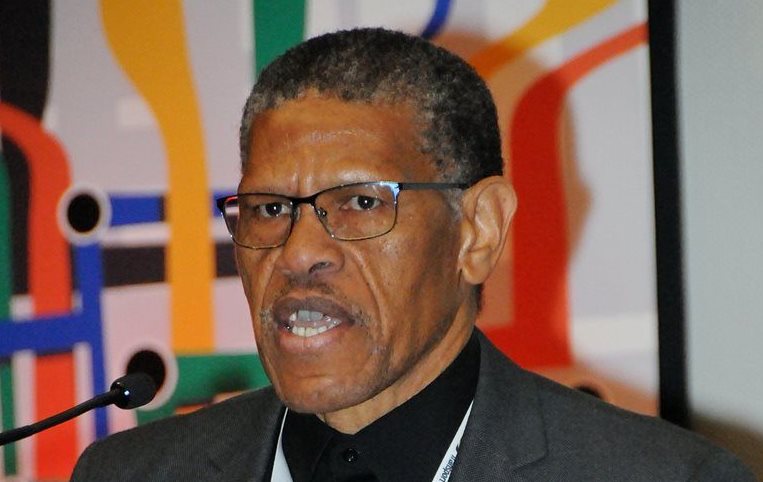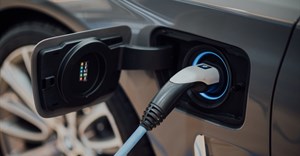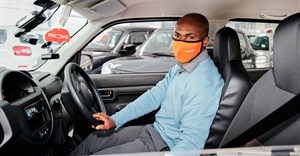
Subscribe & Follow
Jobs
- Dangerous Goods Code 10 Driver George
- Junior Patroller Harrismith
- Dispatch Supervisor Cape Town
- Administrator (Internal Sales Department) Vereeniging
- Executive Assistant and Office Admin Johannesburg
- Outbound Logistics Manager - Freight Forwarding Cape Town
- Sales / Account Manager - Supply Chain Cape Town
- Planning and Procurement Manager Cape Town
- Premium Furniture Delivery Specialist Cape Town
SA must rewrite the rule book for future mobility

This is according to Victor Radebe, founder of the not-for-profit Mobility Centre for Africa (MCA) who made the comment during his plenary address at the 2019 Southern African Transport Conference (SATC).
Presenting the MCA’s ‘2040 Scenarios for Future of Mobility in South Africa’, Radebe said crashes, congestion, affordability and emissions were four-core “wicked” issues facing the automotive industry.
Using DEFT (Drivers, Enablers, Friction, Turners) analysis to formulate the scenarios, he explained that the drivers of change facing the auto industry include: disintermediation, the sharing economy, virtualisation, climate change, automation and urbanisation.
Radebe explained that friction and turners to these drivers in South Africa included legislation; affordability; vested monopoly interests; coalitions formed by the disrupted; late laggards; poor internet access; minimal start-up culture; labour resistance; violence and intimidation and policy.
He also explained that the MCA was established to proactively manage the disruptive forces in transport; keep the country globally competitive in the automotive industry and localise technological solutions.
According to Radebe, the three revolutions taking place in transport include ride-sharing, connectivity and autonomy. South Africa though, is still at a very low base in terms of electric vehicle adoption.
Trends to watch include 5G, which will make vehicle-to-vehicle communication possible even at highway speeds; Artificial Intelligence (AI) and drones.
Radebe believes that the future is all about the Mobility-as-a-Service Ecosystem.
Radebe stated that there are five levels of vehicle autonomy. Most vehicles in use today are at level one, which requires driver assistance or level two, which provides very limited driving assistance.
He said while human error accounted for 90% of vehicle crashes, many people were resistant to driverless vehicles. When they do arrive, fully autonomous vehicles will be data gold mines, producing four terabytes of data per day.
In conclusion, Radebe implored that South Africa should not leave its fate in the hands of original equipment manufacturer’s and tech giants. He added that the country should launch C.A.S.E (Connected, Autonomous, Shared, Electric) mobility research projects to curb crashes and congestion, promote greater affordability and lower vehicle emissions.

















